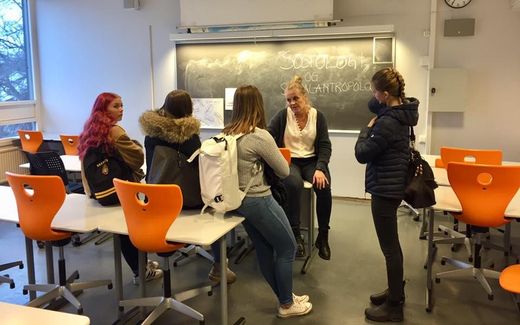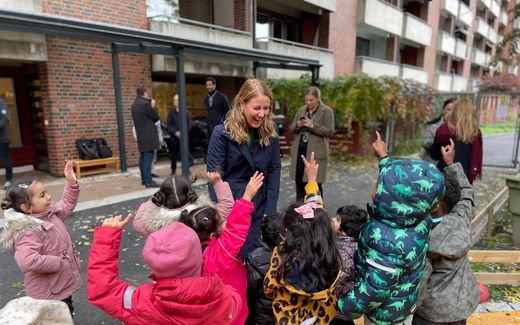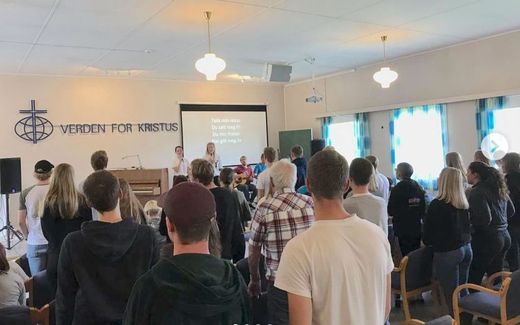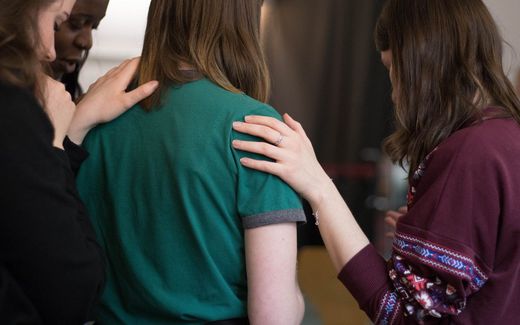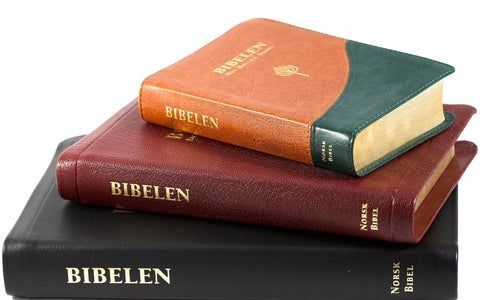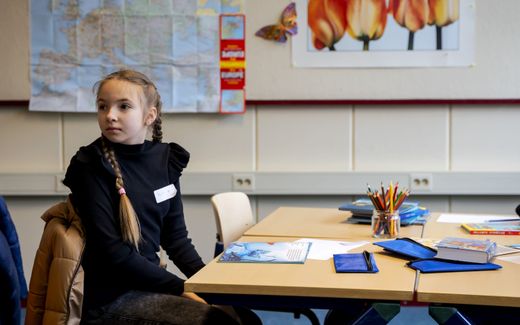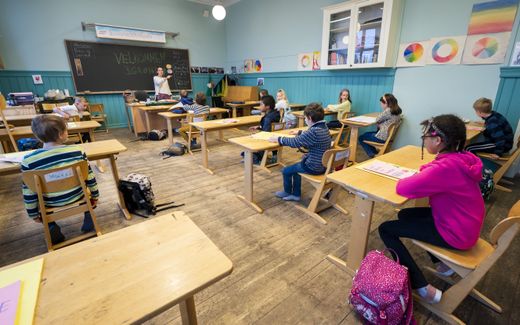Norwegian Minister submits draft with stricter rules for private school
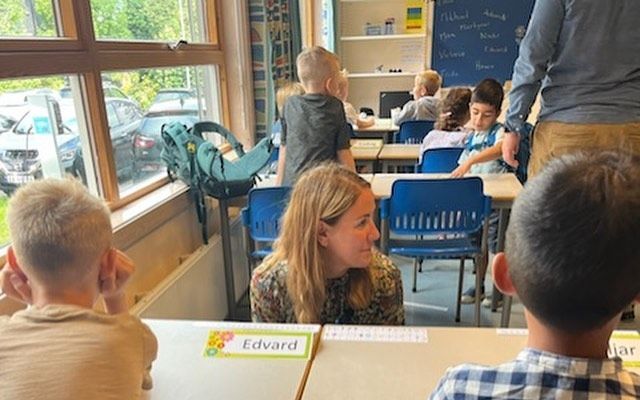
Education Minister Tonje Brenna visiting a school. Photo Facebook, Tonje Brenna
Northern Europe
Tonje Brenna, the Norwegian Minister of Education, submitted a proposal to the Storting with new rules for private schools. She did so on Friday, and most likely, the Storting will debate the bill before the summer.
The proposal aims to give municipalities a bigger say in establishing new private schools, including Bible schools. This gives local authorities, for example, the power to block the founding of a new school if they want to, Dagen reports.
Furthermore, the bill cuts the subsidies for private schools from 75 per cent to 65 per cent. Also, the subsidies should no longer be regulated by law, the proposal reads. Instead, it should be dealt with in certain regulations. This makes it easier for the authorities to change the subsidies again in the future, as the law does not need to be amended in that case.
Local environment
The Ministry of Education explains that more and more private schools are opening and that they want to reverse that trend. In addition, Education Minister Tonje Brenna points out that local politicians know their schools, local environment and students best. "We must place greater emphasis on their assessment of what provides the best possible school offer for pupils in their municipality or county", she says in a press release of her Ministry.
At the same time, she promises that municipalities cannot entirely veto the establishment of new private schools. "In "special cases", approval can be given to new private schools even if the host municipality or county does not support it. It may, for example, be relevant if district political considerations dictate that the school should be approved", Brenna says.
Human rights
This new proposal violates human rights, Asle Ystebø says to Vart Land. The head of the Egil Danielsen foundation in Bergen is afraid that people no longer have the right to choose an alternative school to the public one.
Olav Sollied, a school developer in the network for Christian educators, KP-nett, points out that parents have the right to start a Christian school and teach their children according to their own religious beliefs.
Brenna's promise that private schools will not be banned does not reassure Ystebø and Sollied. Ystebø points out that some local politicians do not understand human rights in these fields. "Some local politicians are unable to understand why some pupils and parents think they need a different offer from the public."
If the bill goes through as it is, municipalities can decide the size of private schools, Ystebø says. "We know of schools that are threatened with closure."
Religious freedom
The Kristne Friskoler Forbund (KFF) said earlier to Vart Land that it feared that the attitude of municipalities will worsen when it comes to Bible schools. The umbrella organisation for about 150 faith-based schools is afraid that more than half of Norway will not be keen to establish new private schools.
When some of the bill's content on private schools became known around Christmas, there was already criticism of it. For example, the Human-Ethical Association worried municipalities could say no to all private schools, which would interfere with religious freedom. It noted that the final decision must be with the Directorate of Education.
Related Articles


